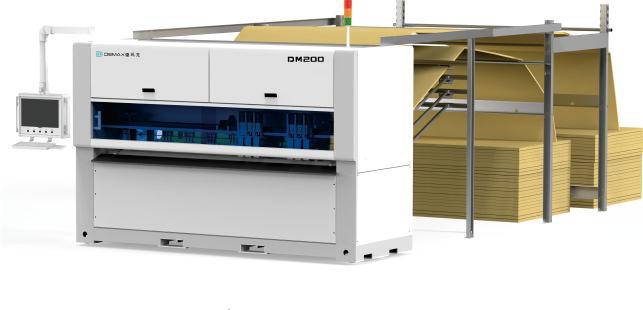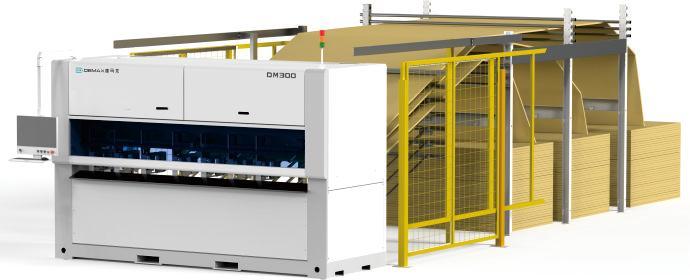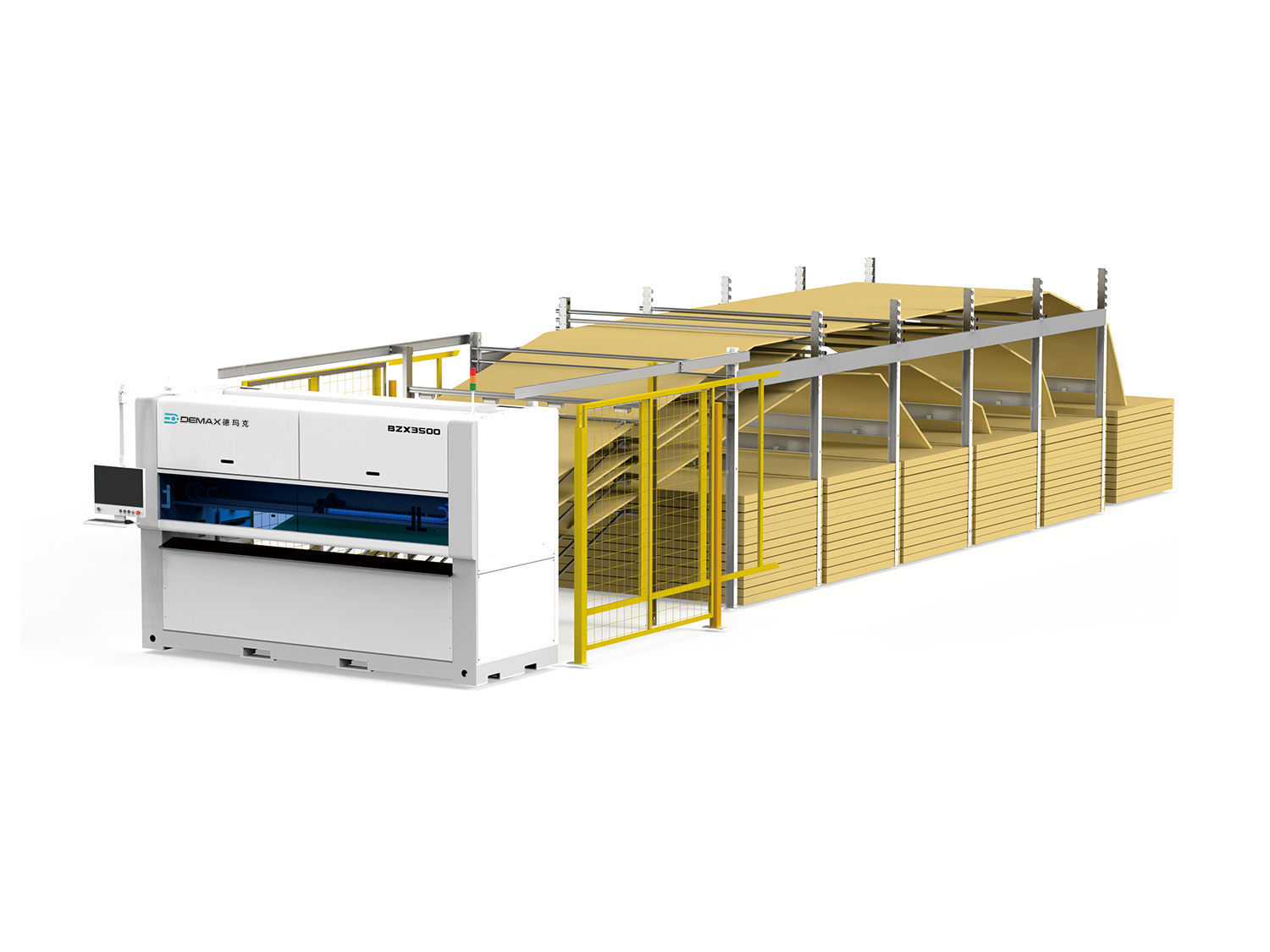
Belt Conveyor
Category:
keyword:
Product Description
- 产品描述
-
**Belt Conveyor**
Belt conveyors are an essential component of modern industrial operations, playing a crucial role in the transportation of materials across various sectors. From manufacturing plants to mining operations, these systems have revolutionized the way materials are handled, making processes more efficient and cost-effective. In this article, we will explore the various aspects of belt conveyors, including their design, applications, advantages, and maintenance considerations.
**Design and Components**
A belt conveyor consists of several key components that work together to transport materials from one location to another. The primary elements include the belt, pulleys, idlers, and a drive mechanism. The belt, typically made of rubber or fabric, serves as the carrying surface for the materials. It is looped around two or more pulleys, which are positioned at either end of the conveyor. The drive mechanism, often an electric motor, powers the movement of the belt.
Idlers are rollers that support the belt and help maintain its alignment. They are strategically placed along the length of the conveyor to reduce friction and wear on the belt. The design of a belt conveyor can vary significantly depending on the application. For instance, some conveyors are designed for horizontal transportation, while others can operate on inclines or declines.
**Applications of Belt Conveyors**
Belt conveyors are utilized across a wide range of industries. In manufacturing, they are commonly used to transport products along assembly lines, facilitating the efficient movement of goods from one workstation to another. In the mining industry, belt conveyors are employed to move bulk materials such as coal, ore, and gravel from extraction sites to processing facilities.
Additionally, belt conveyors are widely used in the food processing industry. They transport raw materials, ingredients, and finished products through various stages of production, ensuring that processes are streamlined and hygienic. The versatility of belt conveyors makes them suitable for many applications, including packaging, distribution, and recycling.
**Advantages of Belt Conveyors**
One of the most significant advantages of belt conveyors is their ability to transport large volumes of materials over long distances. This efficiency reduces the need for manual handling, which can be labor-intensive and time-consuming. Furthermore, belt conveyors can be designed to operate at various speeds, allowing for flexibility in material handling.
Another benefit is their relatively low operational costs. Once installed, belt conveyors require minimal maintenance and can operate continuously for long periods. Their durability and reliability make them a cost-effective solution for many industries.
Belt conveyors are also customizable. They can be designed to accommodate different types of materials, including bulk, packaged, and loose items. The belt's width, length, and incline can be tailored to meet specific operational requirements, making them highly adaptable to different environments.
**Maintenance Considerations**
While belt conveyors are generally low-maintenance, regular inspections and upkeep are essential to ensure their longevity and efficiency. Routine maintenance tasks include checking the belt for wear and tear, inspecting pulleys and idlers for alignment and damage, and lubricating moving parts. Addressing issues promptly can prevent more significant problems down the line.
It's also important to monitor the load on the conveyor. Overloading can lead to excessive wear on the belt and other components, resulting in costly repairs and downtime. Implementing a proper training program for operators can help ensure that the conveyor system is used effectively and safely.
**Safety Features**
Safety is a paramount concern in any industrial operation, and belt conveyors are no exception. Modern belt conveyor systems are equipped with various safety features to protect both workers and equipment. Emergency stop buttons, safety guards, and warning lights are common additions that enhance the safety of conveyor operations.
Moreover, training employees on proper safety protocols is crucial. Workers should be educated on the potential hazards associated with belt conveyors, such as pinch points and moving parts. By fostering a culture of safety, companies can minimize the risk of accidents and injuries.
**Future Trends in Belt Conveyor Technology**
As industries continue to evolve, so too does the technology behind belt conveyors. Innovations such as smart sensors and automation are being integrated into conveyor systems to enhance their functionality. These advancements allow for real-time monitoring of performance, enabling operators to make data-driven decisions that improve efficiency.
Additionally, there is a growing emphasis on sustainability within the industry. Many manufacturers are exploring eco-friendly materials for conveyor belts and energy-efficient drive systems to reduce the environmental impact of operations. The future of belt conveyor technology promises to be more efficient, safer, and environmentally conscious.
**Conclusion**
In conclusion, belt conveyors are a vital part of many industrial processes, offering efficient, reliable, and cost-effective solutions for material handling. Their design, versatility, and low maintenance requirements make them an ideal choice for a wide range of applications. As technology continues to advance, the capabilities of belt conveyors will only improve, further solidifying their importance in modern manufacturing and logistics. By understanding the intricacies of belt conveyor systems, businesses can optimize their operations and stay competitive in an ever-evolving marketplace.

Related Downloads
-
File size: 28.1MB
Message Inquiry
We attach great importance to your opinions and consultations. If you have any inquiries about our products and services, please fill out the following form and we will contact you as soon as possible.
Jiangxi Demark Intelligent Equipment Co., Ltd. Is A High-Tech Enterprise Specializing In The Research And Development, Production, Sales, And Service Of Automated Intelligent Equipment
Mobile/wechat:
Email:
Address
No. 19 Meiyun Road, High-tech Industrial Development Zone, Yingtan City, Jiangxi Province
Products











